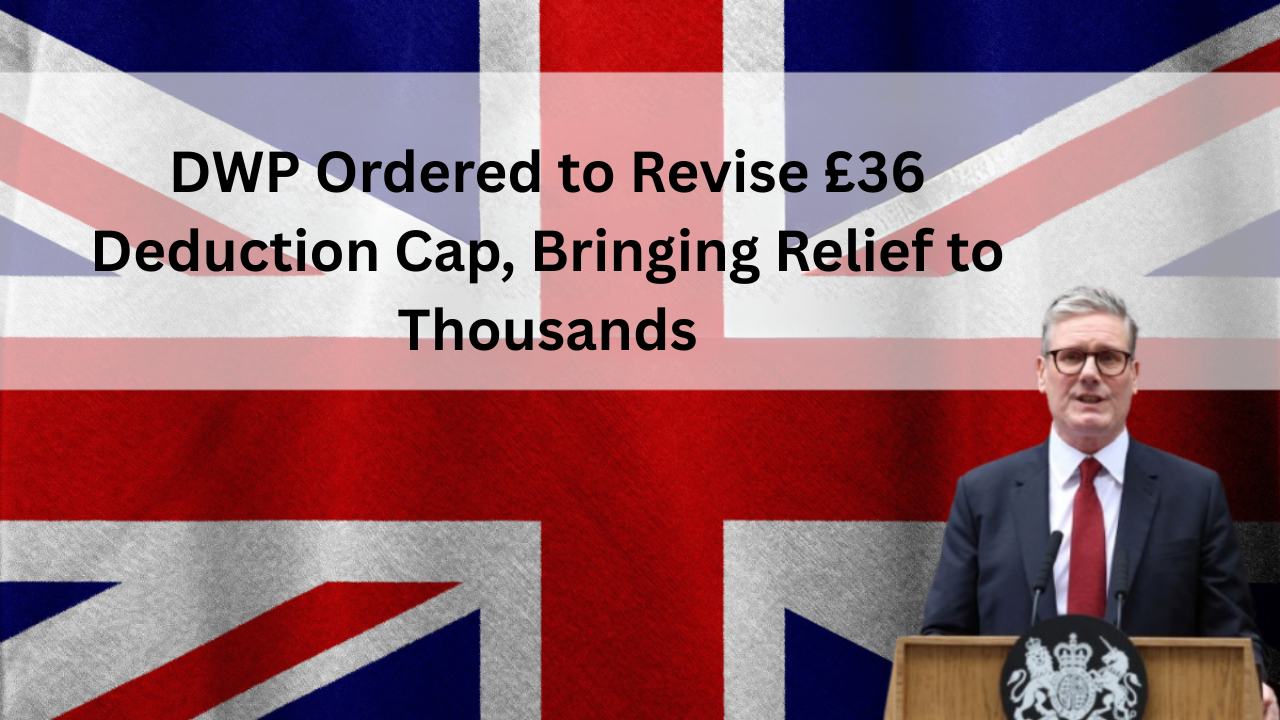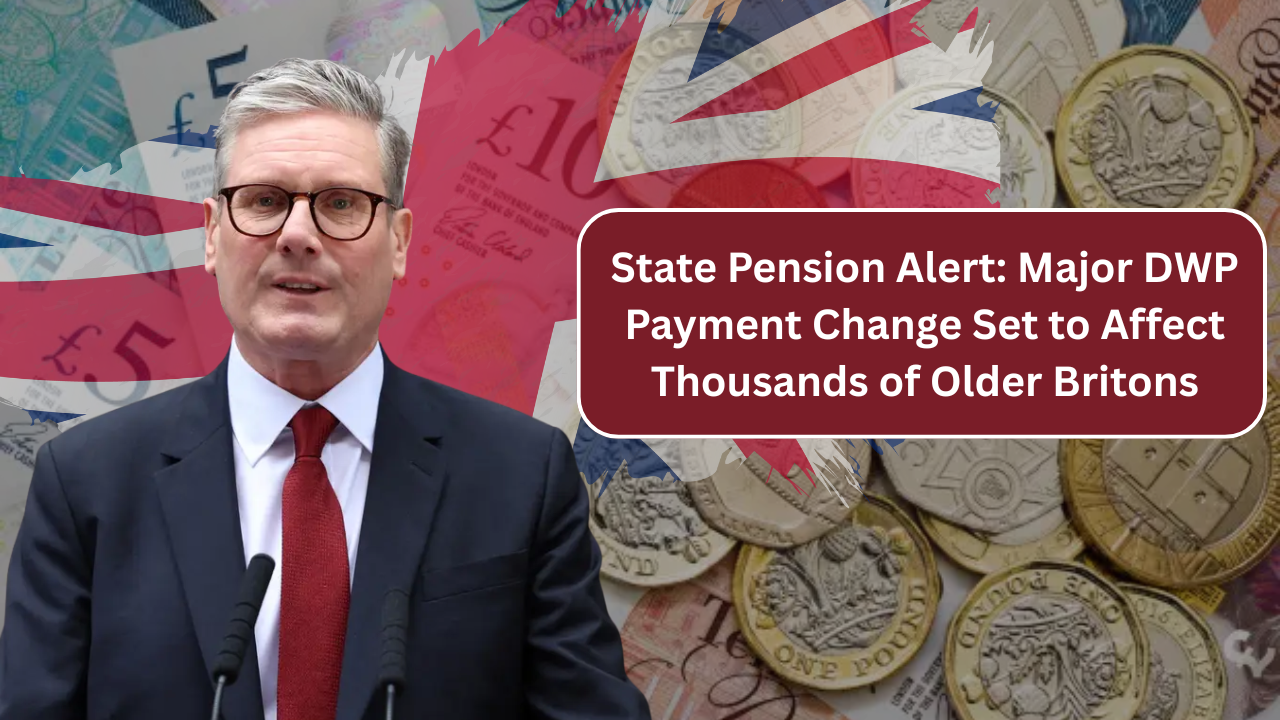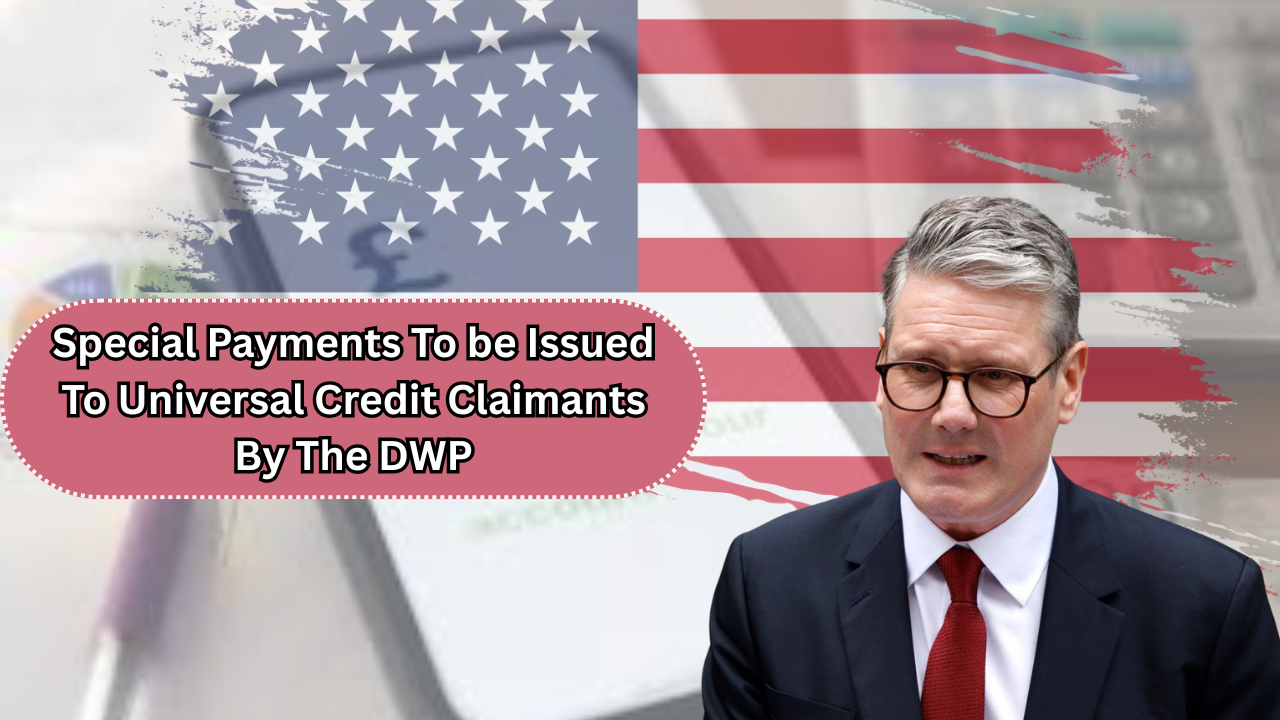Thousands of low-income households across the UK are set to benefit from a major change by the Department for Work and Pensions (DWP), following a call to revise outdated benefit deduction rules, including the long-standing £36 repayment cap.
The change comes in the wake of legal pressure and ongoing criticism that existing deductions from Universal Credit left claimants struggling to make ends meet. Effective from April 30, 2025, the DWP has formally reduced the maximum level of deductions from Universal Credit payments a move that will directly improve the financial wellbeing of over one million claimants.
What Was the £36 Rule?
Historically, Universal Credit recipients could have up to 25% of their monthly standard allowance deducted to repay various government debts such as advance loans, rent arrears, or benefit overpayments. For many single adults, this could amount to around £36 or more each month being withheld from their payments, placing them under significant financial pressure.
The High Court ruled that such deductions were unlawful, especially when they resulted in claimants being left without enough money to cover essential living costs. Advocacy groups and charities had long argued that the system disproportionately penalised the most vulnerable.
What Has Changed?
The DWP has responded by lowering the maximum deduction from 25% to 15%, ensuring that claimants retain more of their monthly support.
This policy change is expected to:
- Benefit 1.2 million low-income households
- Help 700,000 families with children
- Provide an annual boost of up to £420 per household
Early Bank Holiday Payments
In related news, many claimants saw early Universal Credit and other benefit payments ahead of the Early May Bank Holiday (Monday, May 5, 2025). Payments scheduled for that date were issued on Friday, May 2 instead, covering 12 key benefits including:
- Universal Credit
- Jobseeker’s Allowance
- Employment and Support Allowance
- Personal Independence Payment
- Attendance Allowance
- State Pension
Recipients are being reminded to budget accordingly, as the next payment will follow the regular schedule, possibly leading to a longer wait than usual.

Managed Migration to Universal Credit Accelerated
Another major development involves the DWP’s push to complete the migration of legacy benefit claimants to Universal Credit by March 2026. Around 400,000 people, mostly those on income-related Employment and Support Allowance (ESA), are now being issued ‘migration notices’ requiring them to act within three months.
Failure to respond may result in loss of entitlement. The government urges affected individuals to check for these letters and complete the transition before the deadline.
Budgeting Advance Loans Still Available
For those experiencing unexpected financial strain, the DWP continues to offer interest-free Budgeting Advance loans. These are designed to help claimants cover one-off costs such as emergency home repairs, work travel, or funeral expenses.
The maximum available loan is:
- £348 for a single person
- £464 for a couple
- £812 for households with children
To qualify, individuals must have been receiving benefits for at least six months, have savings below £1,000, and meet income eligibility criteria. Repayments are automatically deducted from future Universal Credit payments over up to 24 months.
You can check your eligibility or apply via the DWP Budgeting Advance portal.
Campaigners Welcome the Move
Anti-poverty campaigners and social welfare organisations have welcomed the deduction cap reduction as a long-overdue improvement.
“This will make a real difference to struggling families,” said a spokesperson for Citizens Advice. “But the government must go further to ensure benefits meet the actual cost of living, especially as food and housing prices continue to rise.”
What This Means for Claimants
The update to the £36 rule is not just an administrative tweak — it’s a significant change that puts more money into the pockets of some of the UK’s most financially vulnerable citizens. With the cost-of-living crisis still looming, the reduction in repayment rates is expected to offer critical breathing space to thousands.
If you’re a Universal Credit claimant and unsure how these changes affect you, the best starting point is the official Universal Credit homepage or speaking directly with your work coach.
Conclusion
The DWP’s revision of the £36 deduction rule marks a meaningful shift in how welfare support is delivered in the UK. With more manageable repayment thresholds and stronger legal accountability, the update reflects growing recognition of the pressures faced by benefit recipients. While not a complete fix for broader issues within the Universal Credit system, this reform is a step toward a more compassionate and sustainable welfare model. As economic uncertainty persists, continued scrutiny and improvement of these systems will be crucial to protect vulnerable households and promote financial stability across the country.




